Five for February: Brilliant journalism books
As a break from this month's relentless bleakness, here's a reading list...
Previously: If she didn’t do it…
While this newsletter is usually about terrible things I read to save you the trouble, today’s edition is different. Ahead of my book about the media — which is coming out in June1 — and to battle the relentless gloom of February, I’ve picked five books about journalism that I love and I think you might too.
This is far from an exhaustive list and I’m planning to write about the books I drew on when writing my own at a later date. Instead, these are books that are as entertaining as they are informative…
A Curious Career
Lynn Barber (Bloomsbury)
Early on in this memoir, Lynn Barber bemoans the ‘Demon Barber’ nickname she picked up long ago as a result of her reputation as one of Fleet Street’s most ruthless interviewers (“It gave the impression that I only write hatchet jobs…”). The interviews included in the book show she’s just as capable of becoming star-struck as anyone else (in her case, it’s artists like Sara Lucas that melt her critical froideur) but she is at her best when skewering egos as she did with Marianne Faithful or honing in on some bizarre behaviour (see her fascination with Rafa Nadal’s habit of fiddling with his pants on court).
While there are so affecting emotional moments in this book — Barber writing about the death of her husband and meeting Christopher Hitchens as he faces his demise — it’s most fascinating as an insight into the interviewer’s art from a master of the trade. Her advice is unsurprisingly blunt: “An interview is not the time to show off, or to express your own opinions. You are there to draw someone out, to get their views, their confessions, and the less you talk about yourself the better.” Ironically, in the final chapter (On Being Interviewed), Barber expresses discomfort about having to talk about herself (“I’m confused at having to yack away about myself.”)
Stick It Up Your Punter! The Uncut Story of The Sun Newspaper
Peter Chippindale and Chris Horrie (Faber & Faber)
This tale of the newspaper which, as the book’s blurb puts it, “unashamedly dragged journalistic standards into the gutter” is rigorously sourced and unafraid to expose the very worst of The Sun’s behaviour of the years. Inside you’ll find out the true story behind the fiction of the famous ‘Freddie Star Ate My Hamster’ headline and what led to infamous splashes like ‘Gotcha!’ and ‘The Truth’, which was anything but.
Though Rupert Murdoch is the monster looming over Stick It Up Your Punter!, the book’s anti-hero is Kevlin MacKenzie whose demonic newsroom presence jumps off the page. Chippindale and Horrie effectively pin down The Sun’s toxic mix of prurience and cynicism, and returned to the text to update it in 2012 to add material on the lead-up to and aftermath of the Leveson Inquiry. While it’s ultimately a horror story, Stick It Up Your Punter! is also very funny and deserves to be on every media studies syllabus for many years to come.
Unscripted: The Epic Battle for a Hollywood Media Empire
James B. Stewart and Rachel Abrams (Cornerstone Press)
If you still crave the kind of schadenfreude that Succession provided with its story of the super-rich despising their gilded cage and everyone else inside it, Unscripted is the book for you. It’s the story of the final years of Sumner Redstone, the particularly beastly misogynistic billionaire, who controlled Viacom and CBS, his grotesque manipulation of the people around him and how many of them tried to manipulate him in turn.
Redstone ends up trapped in his bedroom, reduced to communicating via an iPad loaded with recordings of himself saying, ‘Yes’, ‘No’, and ‘Fuck you’. Meanwhile, his daughter Shari is engaged in a battles to get him out of the clutches of his final pair of girlfriends who she refers to as S&M and to secure control of his companies while CBS boss Les Moonves plots to stop her, foiled only by revelations of his history of sexual harassment coming to light. There are no heroes in this book — despite Shari, who cooperated with the authors getting off lighter than most — but there’s something gratifying about seeing that all that money cannot buy taste.
Unmasking Our Leaders
Michael Cockerell (Biteback)
“Do you have any doubts about your ability to fulfil the role of Prime Minister?” That’s the simple but deadly question that Michael Cockerell asked nine holders of that office from Harold Wilson to Boris Johnson. This collection of anecdotes from his long career as a political documentary maker is interesting not because it offers some over-arching theory on British politics but because of small details like that question.
Just as Barber’s book is almost inadvertently a guide on how to interview, Cockerell’s behind-the-scenes insights give the reader some tools to see beyond the surface of political television. Written in a funny, self-deprecating, and matter-of-fact way, it is revealing about the process without being too technical or dry. Of course, the world in which Cockerell began his career is long gone and the level of access he has received over the years is down to a reputation that would be hard to develop now, but we’re lucky to have this record of what went on before and after the cameras rolled.
I’m Not With The Band
Sylvia Patterson (Sphere)
There’s no shortage of books by male music writers detailing their sub-Almost Famous adventures among the stars. Sylvia Patterson’s memoir of leaving Scotland to work in the London offices of Smash Hits (“a riotous open-plan explosion of Jiffy bags, casette tapes, 12-inch and seven-inch cardboard envelopes housing vinyl delights and those brand new state-of-the-art silver CDs, which everyone associated with the dullards’ favourite, Dire Straits”) is a perfect antidote.
With humour and humility in almost equal measure, Patterson takes the reader from the joy and chaos of 1986 to her justified rage at the decline of music writing in the 2000s, via asking the recently married Prince what he was going to do “with an ill-timed erection these days” and judging Damon Albarn “not only Blur’s but the actual era’s most monumental pain the arse”. It’s a funny, angry, and moving memoir, and if you, like me, once lived for music journalism, you’ll love it.
Please consider sharing this edition…
… and, if you haven’t yet, think about upgrading to a paid subscription.
It helps and allows me to spend more money on research and reporting. Buy a t-shirt if you’d like to make a one-off contribution and get a t-shirt.
There’ll be more news on this soon.



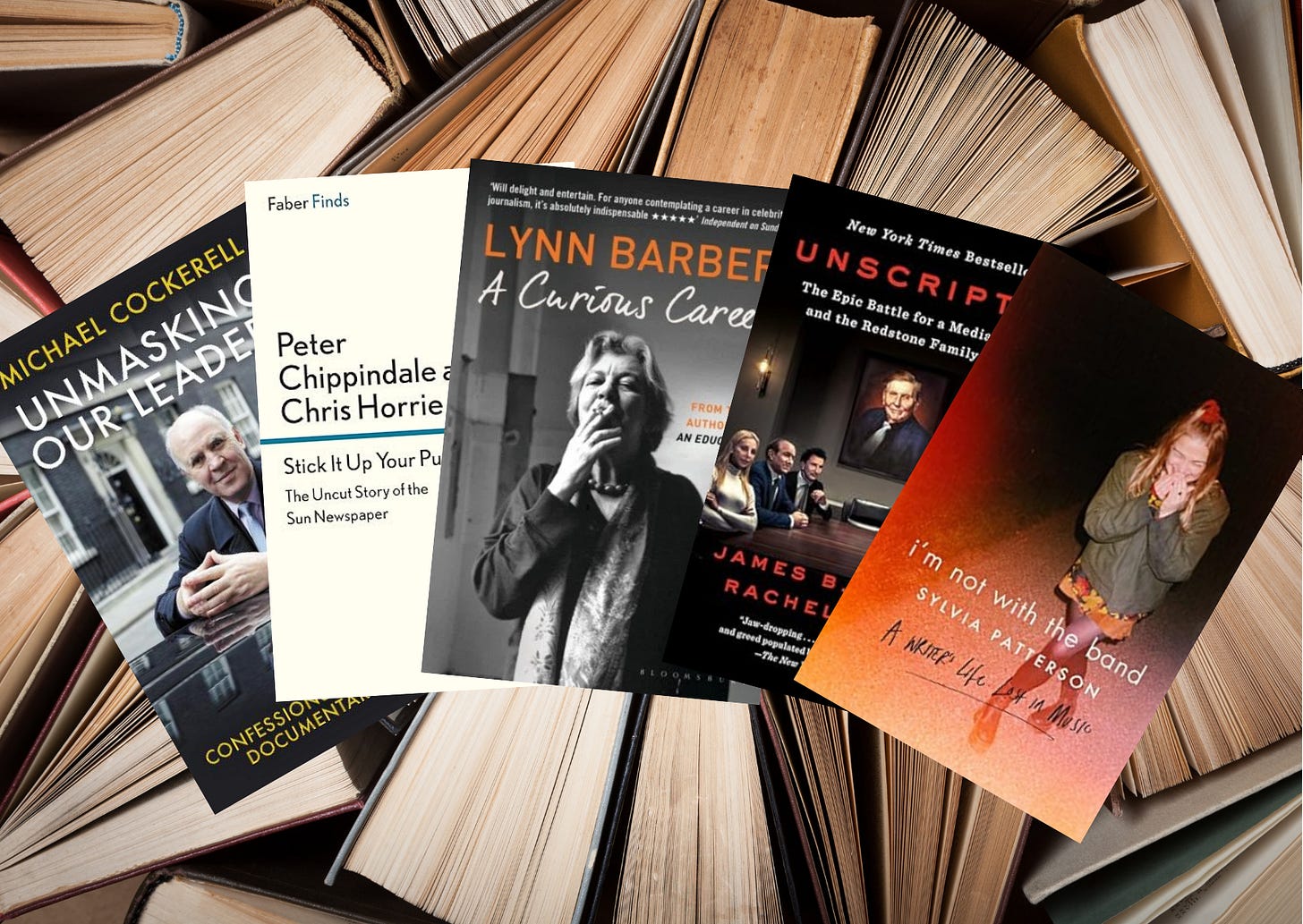
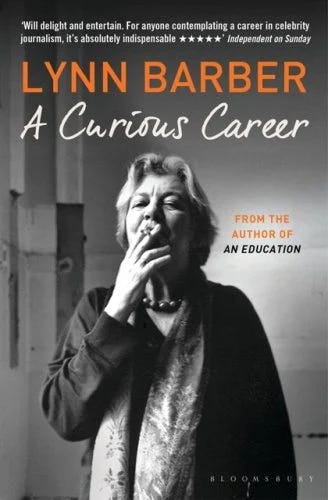
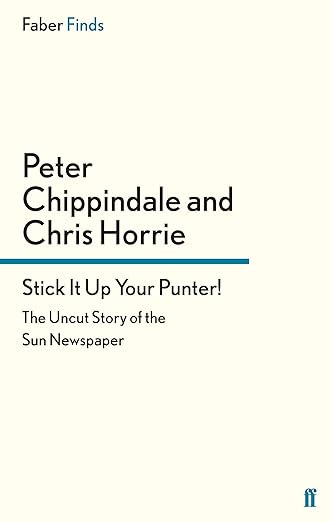
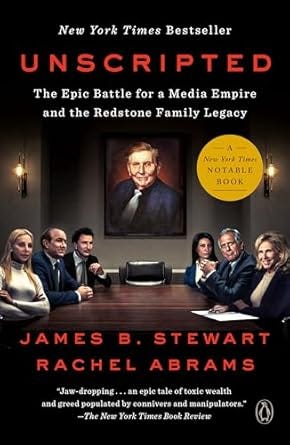
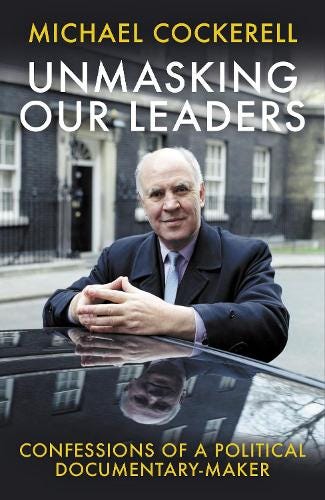
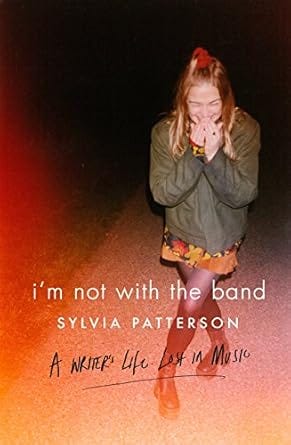
Michael Cockerell’s BBC documentaries are mostly available on YouTube, and are always worth a watch, mainly for the narration by the man himself. I might get that book out from the library. Thanks for the book tips, and looking forward to yours, Mic!
Sylvia P's book is a joy. And I must get round to one of Barber's collections some time. I used to love her Observer interviews.